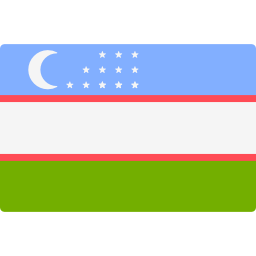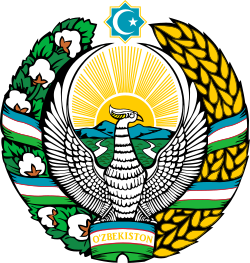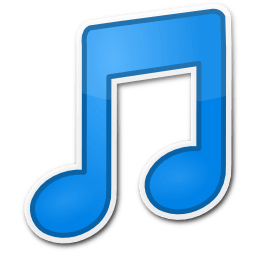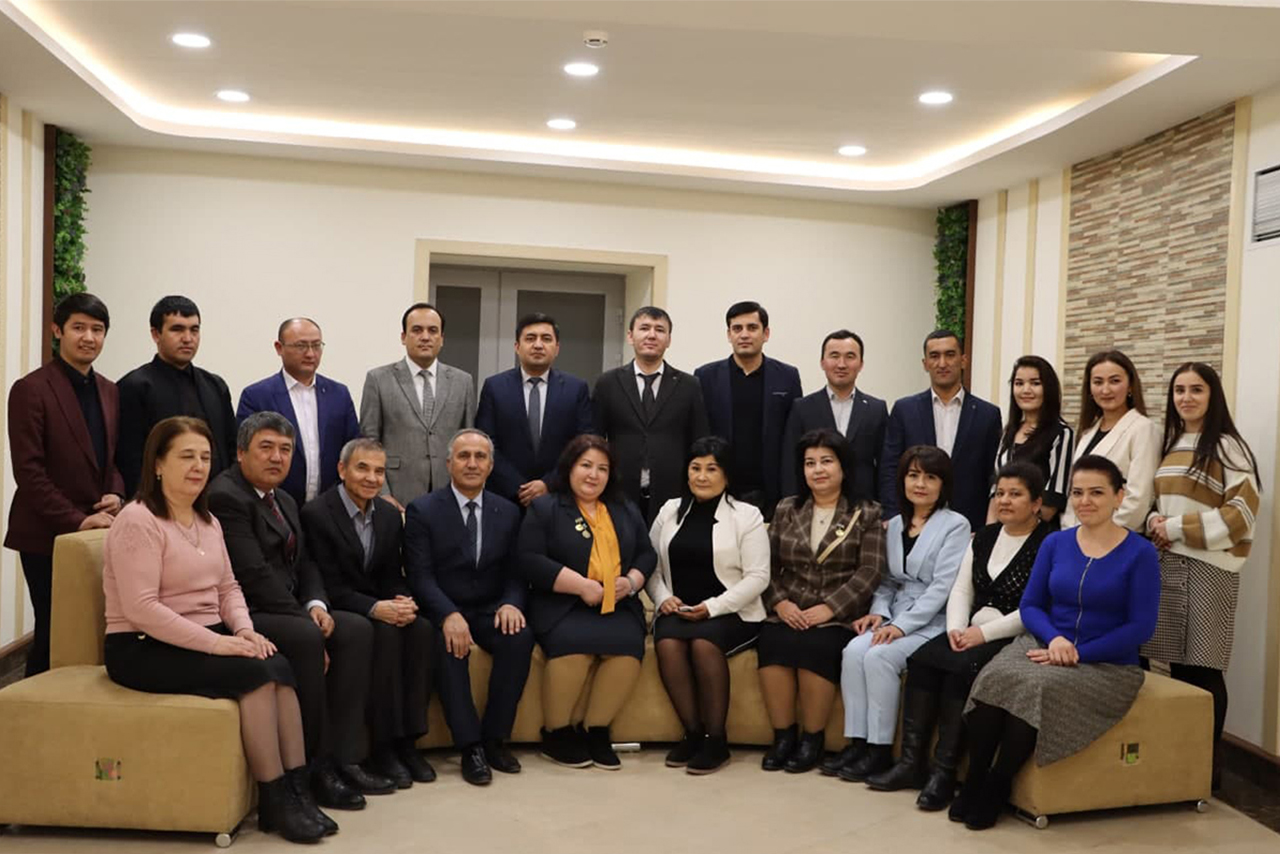During 1915- 2016 famous linguists, literary critics such as O.Sharafiddinov, Maksud Shaykhzoda, Utkir Rashid, G.Abdurahmonov, M.Askarova, N.Mallayev, S.Usmanov, M.Bekbergenov worked at the departments of the faculty. Famous teachers such as H.Sulayman, A.Shermatov, A.Bobokhanov, T.Aydarov, T.Boboyev worked there. The faculty has provided great writers, scientists and journalists in the field of language and literature of the country, including the winners of the Republican State Prize Hamid Gulom, Shuhrat, Mamarasul Boboyev, Mirmukhsin, Shukrullo, Zulfiya, Polat Momin, Vosit Sa’Dulla, Zafar Diyor, Said Ahmad, Hakim Nazir, Turob Tola, Uktam Usmanov, Khayriddin Saloh, Yusuf Shomansur, Nizom Komil.

In accordance with the Decree of the President of the Republic of Uzbekistan dated May 13, 2016 No 4797 "On the establishment of the Alisher Navo'i Tashkent State University of Uzbek Language and Literature. After transfer to the newly established university, it was renamed the Faculty of Uzbek Language and Literature.

The faculty prepares specialists in the field of education 5111200 - Uzbek language and literature. These specialists are teachers in general secondary schools and secondary special educational institutions, independent researchers in the Institute of Uzbek Language, Literature and Folklore of the Academy of Sciences of the Republic of Uzbekistan and other research institutes,teachers of Uzbek language courses, Uzbek language and culture centers, mass media, public administration bodies, other state and non-governmental institutions, heads of ministries and organizations.
According to the Decree on the establishment of the University, the main tasks of the faculty of Teaching Uzbek language and literature are highly qualified specialists who have a deep understanding of the Uzbek language and literature, its peculiarities, modern educational technologies. training of pedagogical staff and conducting research on new and effective methods of teaching the Uzbek language and literature in secondary schools and academic lyceums, higher education institutions, the widespread introduction of advanced pedagogical technologies.

At present, there are 9691 schools, 123 academic lyceums and 57 non-governmental secondary schools in Uzbekistan with 5821861 students. Given that today the most important issue is to teach them Uzbek language and literature as a mother tongue and the state language, to form a sense of national patriotism among young people, we can say that there is a great need for graduates in our country. Uzbek language and literature are taught not only during the day, but also in the evening. All this once again confirms the important role of the faculty in the philological education system of the Republic.
Departments operating at the faculty:
Methods of teaching Uzbek literature
Linguodidactics
Social sciences and humanities
List of faculty programs
Bachelor's degree
• 5111200 - Uzbek language and literature
Master's specialties
• 5A111201 - Uzbek language and literature
• 5A120106 - Computer Linguistics
Academic mobility
The student should constantly strive to improve his knowledge and skills. One way to achieve this is through academic mobility. Each year, about 10 students improve their skills in exchange programs at foreign partner educational institutions. In 2019, 10 students studied at universities in Turkey, 3 in Russia, 10 in Kazakhstan, in 2020, 3 in Turkey, 3 in Russia and 5 in Kazakhstan.
Also, in the 2019/2020 academic year, 4th year student Mohinur Ahmedova studied for 4 months at a Turkish university on the basis of academic mobility.
ECTS CREDIT DISTRIBUTION PRINCIPLES (RULES)
An academic credit is a symbolic unit of measurement that a student regularly collects in order to achieve the level of education at a certain stage of higher education. This unit means that the student has completed a certain amount of study load and has successfully mastered certain learning outcomes.
For 1 credit there is a 30-hour study load, of which 13 hours (30 * 47% = 14) correspond to classroom hours, and 17 hours (30 * 53% = 16) correspond to the student's independent study hours. Weekly classroom hours are set at 26 hours.
In the 1st academic semester, a student is required to study 405 hours of auditorium out of 900 hours of study load and 495 hours of independent study.
Students are expected to receive 30 credits per semester. There are 15 credits for compulsory subjects and 15 credits for elective subjects.

Employment
During their studies, university students have the opportunity to undergo training, production and internships in the following organizations and institutions, and to remain employed after graduation:
• Ministry of Higher and Secondary Specialized Education of the Republic of Uzbekistan.
• The Ministry of Foreign Affairs.
• Ministry of Public Education of the Republic of Uzbekistan.
• Ministry of Tourism Development of Uzbekistan.
• National Television and Radio Company of Uzbekistan.
• National News Agency of Uzbekistan.
• Ministry of Culture.
• Research Institute of Uzbek Language, Literature and Folklore.
• Uzbek Press and Information Agency.
• Republican Center for Spirituality and Enlightenment.
• Ministry of Defense of Uzbekistan.
• Ministry of Internal Affairs of Uzbekistan.
• Power structures.
• Foreign companies.
• HTV of the Republic of Karakalpakstan.
• Regional Departments of the Ministry of Public Education.
• Journal of Language and Literature Education.
• newspaper ‘Ma'rifat’.





